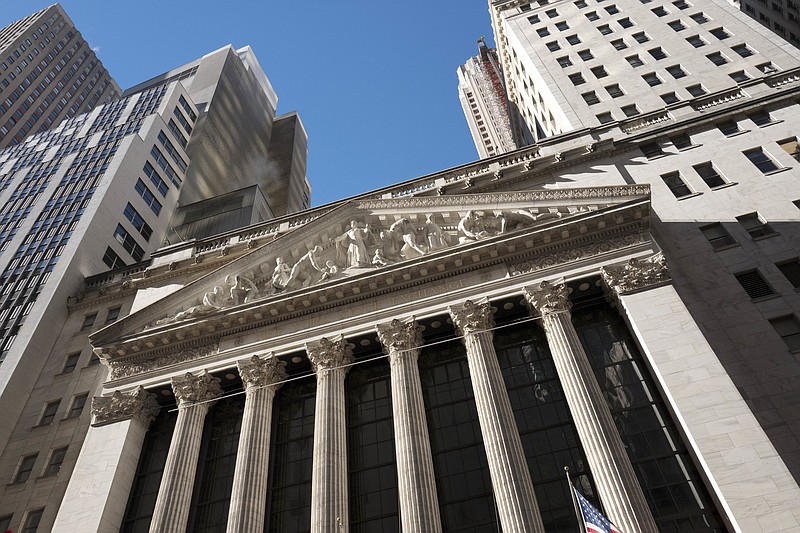NEW YORK (AP) - U.S. stocks finished mostly higher Friday to wrap up a subdued week, and technology companies did most of the heavy lifting. Investors were also pleased to see shoppers spent more money in September.
Printer and PC maker HP sent technology companies higher after releasing a strong profit forecast for next year. Big names like Intel and Facebook also rose. Companies in retail, travel and entertainment moved up after the Commerce Department's report on retail spending. Health insurers and hospital operators skidded after President Donald Trump said he will stop government payments to insurance companies under the Affordable Care Act.
Bank of America climbed while Wells Fargo faded as banks continued to report their third-quarter results. But in the early going, investors don't seem as excited about this round of company earnings compared to earlier in the year. Sean Lynch, the co-head of global equity strategy for Wells Fargo Investment Institute, said unless this batch of corporate reports is surprisingly good, stocks won't rise much further.
"If we come in at expectations or slightly above, I think markets maintain these gains," he said. Lynch said earnings for Standard & Poor's 500 companies should rise five or six percent for the quarter. If that doesn't happen, he said the S&P 500 could decline four or five percent by the end of the year. That's not a huge loss, but stocks haven't fallen that much since early 2016.
The Standard & Poor's 500 index added 2.24 points, or 0.1 percent, to 2,553.17. The Dow Jones industrial average picked up 30.71 points, or 0.1 percent, to 22,871.72. The Nasdaq composite gained 14.29 points, or 0.2 percent, to close at a record high of 6,605.80. The Russell 2000 index of smaller-company stocks slid 2.51 points, or 0.2 percent, to 1,502.66.

